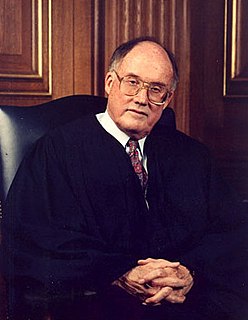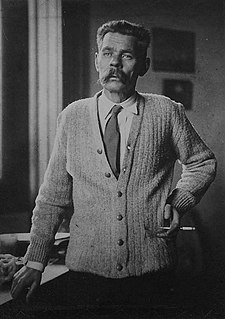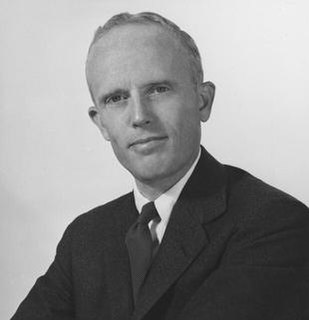A Quote by Miguel Syjuco
'Illustrado' is not an autobiography. Only the ideas are autobiographical; the ideas of bitterness, frustration, unchanging society, an individual lost, social awkwardness... The book satirises archetypes from across Filipino society, and I felt that the least I could do was offer myself up, too.
Related Quotes
The individual has totally different interests from the society, because the society has no soul. The society is soulless. And if you become too much a part of the society, it will reduce your soul also to a non-entity. Beware, before you have lost your whole opportunity. Don't be a slave. Follow society to the point you feel is needed, but always remain master of your own destiny.
At the heart of the First Amendment is the recognition of the fundamental importance of the free flow of ideas and opinions on matters of public interest and concern. The freedom to speak one's mind is not only an aspect of individual liberty - and thus a good unto itself - but also is essential to the common quest for truth and the vitality of society as a whole. We have therefore been particularly vigilant to ensure that individual expressions of ideas remain free from governmentally imposed sanctions.
There is this thing called the university, and everybody goes there now. And there are these things called teachers who make students read this book with good ideas or that book with good ideas until that's where we get our ideas. We don't think them; we read them in books. I like Utopian talk, speculation about what our planet should be, anger about what our planet is. I think writers are the most important members of society, not just potentially but actually. Good writers must have and stand by their own ideas.
To criticize a person for their race is manifestly irrational and ridiculous, but to criticize their religion, that is a right. That is a freedom. The freedom to criticize ideas, any ideas - even if they are sincerely held beliefs - is one of the fundamental freedoms of society. A law which attempts to say you can criticize? and ridicule ideas as long as they are not religious ideas is a very peculiar law indeed.





































